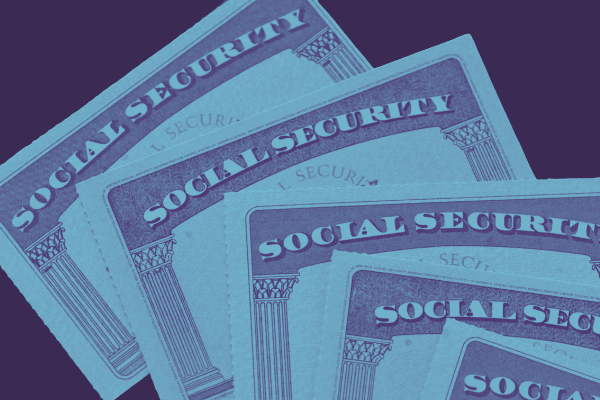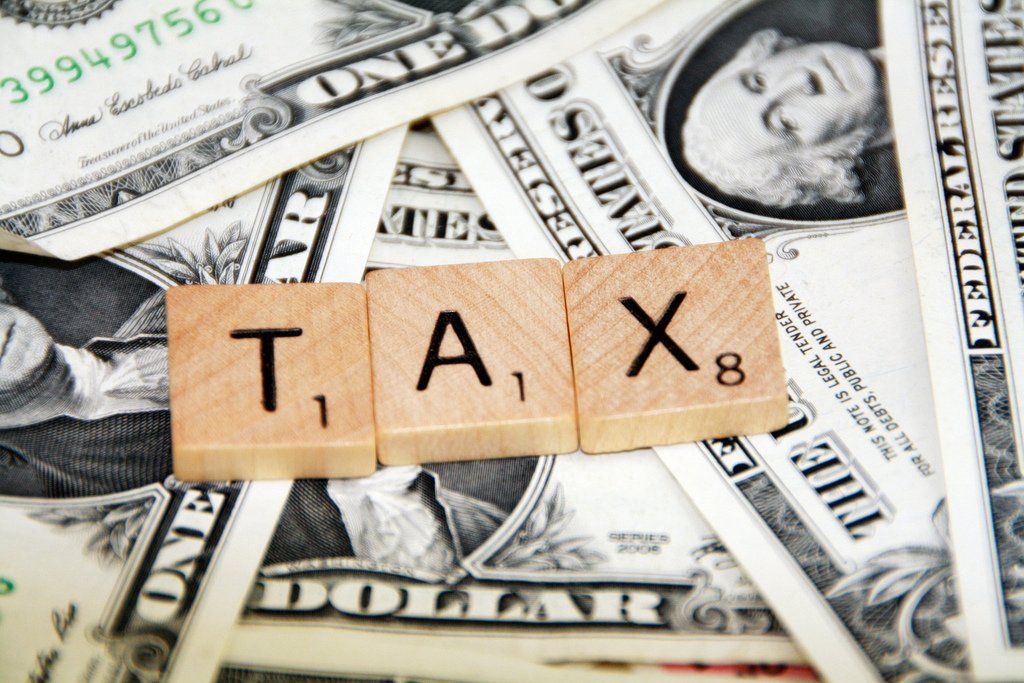Blog Layout
The Virus In Your Retirement Plan
Tony Hellenbrand • Mar 06, 2020
Around the world, millions of investors are losing sleep over COVID-19, the “Coronavirus.”
Should I be moving to cash? Is this going to spark a recession? Is the market going to crash? Should I sell out of my Chinese funds? Should I hide in bonds? Is my retirement going to be ok?
In my experience as a financial advisor, I’ve seen investors go through these periods (Grexit, Ebola, Brexit, etc.) every few years, and get so wrapped up in details coming from newsrooms that they lose the bigger picture:
If your plan needs to “react” or “respond” to a 10% pullback...You don’t have a plan.
Events like this that send the stock market spiraling downward don't create more risk in your retirement plan. They uncover the risk that is already there.
A real plan:
- Does not depend on a bull market to “make” your retirement.
- Does not depend on the outcome of an election.
- Does not need to adjust based on routine 10% corrections in the stock market.
- Does not depend on any “market wizard’s” ability to time anything.
- Fits your personality.
- Allows you to sleep comfortably, regardless of what the news is saying.
A solid financial plan gives you the freedom to enjoy life. It doesn't rely exclusively on returns from the market. Those types of things are ultimately out of our control.
Plans do not spontaneously create themselves.
If the market gyrations are making you uncomfortable, you need to make your plan a priority. An expert can show you a better path.
Do you have a plan?
If you'd like to take the next step toward seeing the power a true retirement plan can have for you,
click here and tell us a bit more about your situation.

By Eric Sajdak, ChFC®
•
07 Jul, 2020
"If I delay my Social Security benefit, at what age would I breakeven versus simply filing at 62?" We field this type of question frequently from retirees. The Social Security system allows you to file anytime between 62 and age 70. At first glance, filing at 62 seems to make the most sense. After all, there are 12 months in a year and eight years between ages 62 and 70—That's 96 months of monthly paychecks that you wouldn't be getting if you delayed. However, you get penalized for taking your benefit early. Below is a diagram showing the penalties and delayed credits for someone whose Full Retirement Age is 66:

By Tony Hellenbrand
•
30 Jun, 2020
Lately I’ve been getting asked how I was able to “Call the Bottom” in late March. I want to make something clear: I didn’t. If you go back and look at the article from March 16th or read the email I sent out to subscribers on the 26th, (pure dumb luck), I ran a bad case, a best case, and a base case valuation on the S&P 500. I arrived at a base case valuation of 2,950, and at the time the S&P was hovering around 2,300, so we started recommending clients initiate buying plans. These plans did not mean “This is the bottom” or “Go all in.” Far from it. Many of our clients were buying several days before the precise bottom, and several days and weeks after. Regardless of how clearly I try to make this point (that we simply were buying something the math said was likely cheap) this morning my inbox is chock full of people asking what I think about valuations now. Are we in a bubble? Is the market ahead of the fundamentals? Are we going to double dip? Will the market crash? Will we need a second stimulus? Maybe. I have no idea. Here’s what I know, when you accumulate all of the available earnings estimates and make a conservative estimate of fair value, you end up with a fair value of about 3,060 on the S&P 500. As I type this we sit at 3,080. Regardless of whether the number is 2,950 or 3,060 or 3,080 or 3,150, any way you slice it, we’re at fair value, now. Analyst Earnings Estimates:

By Eric Sajdak
•
28 May, 2020
It is your right as an American to (legally) pay the least amount in taxes that you owe—nothing more, nothing less. But in recent years, Congress has made a concerted effort to shift the IRS code and levy you with taxes you didn't even know you were paying. We call these "Stealth Taxes." These changes are never talked about by your congressman (or woman). They lie deep within the tax code and can potentially cost you significantly unless you learn about how to avoid them. In this article, we cover three of those "Stealth Taxes" and what you can do to minimize or avoid them altogether.
Contact Our Team
By using this website, you understand the information being presented is provided for informational purposes only and agree to our Terms of Use and Privacy Policy. Safeguard Wealth Management relies on information from various sources believed to be reliable, including clients and third parties, but cannot guarantee the accuracy and completeness of that information. Nothing in this communication should be construed as an offer, recommendation, or solicitation to buy or sell any security. Additionally, Safeguard Wealth Management or its affiliates do not provide tax advice and investors are encouraged to consult with their personal tax advisors.
All investing involves risk, including the possible loss of money you invest, and past performance does not guarantee future performance. Historical returns, expected returns, and probability projections are provided for informational and illustrative purposes, and may not reflect actual future performance. Please see our Full Disclosure for important details.
Safeguard Wealth Management is a Registered Investment Advisor with the SEC.



